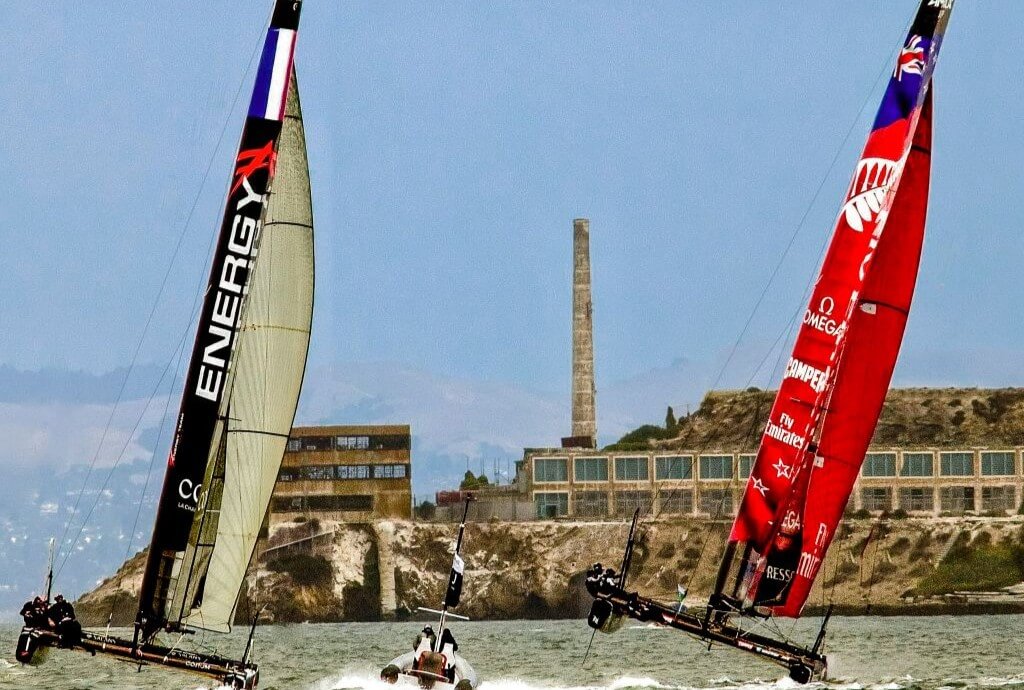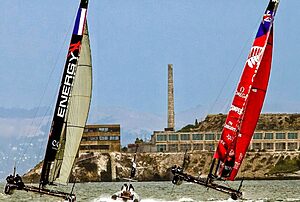In brief
- It is not a “fact” that co-governance is required by the Treaty, it is just an emotionally charged issue that is promoted by this Government.
- There are passionate supporters, who resort to name calling, but also many equally impassioned detractors.
- There are winners in Māori society from co-governance as some will have privileged status like the upper classes of old.
Is co-governance about the many or the few?
For some, “honouring Te Tiriti” by endorsing co-governance policies is synonymous with social justice for Māoridom as a whole.
The “go to” move for many emotionally charged proponents of co-governance is to allege critics are racist. They seem to overlook that those critics may consider these changes, in substantial aspects of government, to mean the majority become second-class citizens.
Couldn’t those against co-governance also claim co-governance is itself racist? Afterall, the status quo and world standard for democracy is equality for all. But co-governance creates enhanced rights for some, based on race. Less name calling would be more conducive to the nuanced discussions required for these delicate issues.
But there’s more than just equality between Māori as a race and everyone else. There’s also doubt the interests of Māori iwi elite are aligned with the interests of working class Māori.

Co-governance rewards iwi (tribal) rule, which in principle is anti-democratic, not just between Māori and everyone else, but between Māori elitists who win from it and all other Māori. Co-governance is more akin to the days of royalty.
Iwi rivalries alive and well
Many large iwi have wide ranging business interests worth billions of dollars. Many have competing claims and longstanding beefs amongst each other.
Chris Trotter wrote an informative article on the recent standoff at the annual kapa haka festival Te Matatini illustrating as much.
Ngati Whatua and the Tainui delegates had a tense back and forth at the event over settlement claims throughout Tāmaki Makaurau (Auckland). The dispute goes back years.
Journalist Tumamao Harawira reckoned that in pre European times, such a standoff would have likely turned violent.
Tainui and Three Waters
On Three Waters’ co-governance model, Michael Bassett writes “Whichever becomes the dominant tribe will exercise much wider power. Nanaia (Mahuta) intends to make sure that tribe is Tainui. That explains the appointment of the Mahutas and Ormsbys to so many positions, irrespective of their merits, or lack of them.”
Influential Tainui leader Tukoroirangi “Tuku” Morgan, a major proponent of co-governance and the appointed head of a Three Waters Regional Representative Group (RRG), among other positions, led the aforementioned inter-iwi standoff.
Thomas Cranmer writes “Opaque tribal politics is inextricably at the heart of Three Waters. More than anything else, (Tuku Morgan’s) appointment confirms that these reforms represent the Tainui-model of Three Waters.”
The drawing of water service entity boundaries are along traditional iwi lines. Not, as one may presume, along water catchment areas. The result is there is suspicion amongst many Māori themselves (including the Māori Party) that many smaller iwis will not benefit at all from co-governance.
Winston Peters has remarked “Like so many other elitist proposals, demands have been made in the name of ordinary Māori while the benefits will go straight to a small Māori elite making these demands.”
It’s disingenuous to suggest resisting the dramatic change to the long established rule of equality is racist. Isn’t the more important question ”Why is the Government allowing itself to be a pawn in a game between iwi rivals?”



















